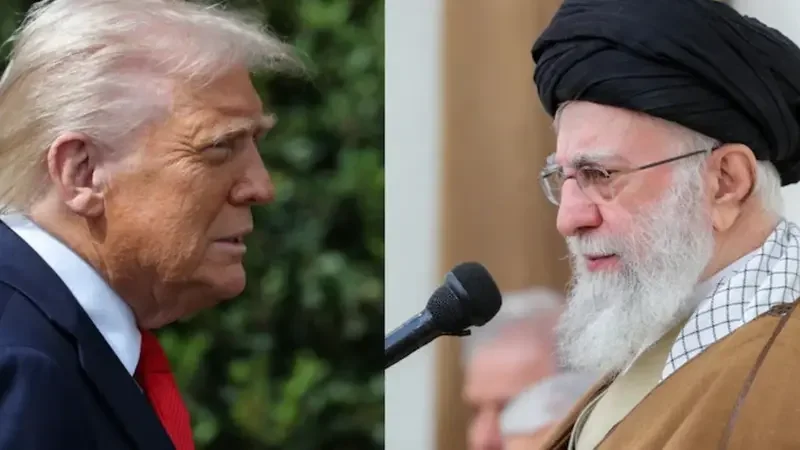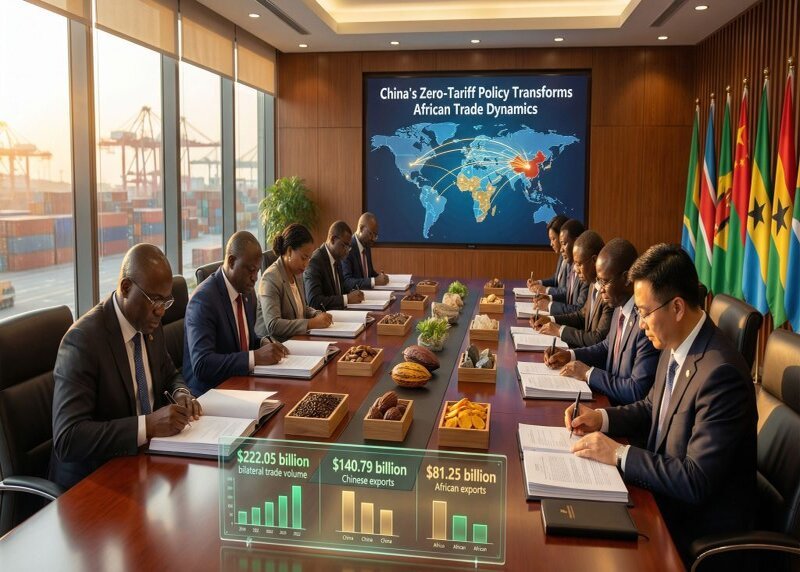Finance Minister Muhammad Aurangzeb has addressed concerns over the recent departure of several multinational companies from Pakistan, explaining that while some global firms have exited, new investors—especially from the Middle East—are stepping in with growing interest in the country’s economy. Speaking in an interview with a private news channel, Aurangzeb said that the withdrawal of multinational corporations was influenced by multiple factors, including global strategic realignments and local market dynamics.
He noted that large international corporations often make decisions based on their global priorities, such as which clients to retain, which products to focus on, and which regions to continue operating in. In recent months, companies such as Procter & Gamble, Telenor, Microsoft, and Careem have either scaled back or announced plans to cease operations in Pakistan.
Despite these developments, Aurangzeb emphasized that the country continues to attract fresh investment. He pointed to growing interest from the Middle East, citing examples such as Aramco, Wafi Group, and Mashreq Bank. Referring to the recent sale of the First Women Bank to the United Arab Emirates–based International Holding Company (IHC), he highlighted that the deal—worth around $14 to $15 million—was not merely a financial transaction but part of a broader plan to expand and digitize the bank’s operations.
The finance minister also mentioned Abu Dhabi Ports and other regional investors as part of a broader trend of strategic capital flow toward Pakistan, underscoring a shift from Western to Eastern investment sources.
Acknowledging past challenges faced by foreign investors, Aurangzeb said that earlier restrictions on capital repatriation and profit transfers had caused frustration, but such issues have now been largely addressed.
He further explained that Pakistan’s domestic industries are undergoing a significant transformation, becoming more efficient and competitive. Local firms, he said, are now producing at higher standards and lower costs, rivaling international players. Drawing a parallel to the evolution of Chinese manufacturing, Aurangzeb remarked that the perception of local products is changing as Pakistani companies evolve into globally competitive entities.
According to the finance minister, this combination of structural economic reform, regional investment inflows, and industrial modernization reflects a gradual but strategic shift in Pakistan’s economic landscape, positioning the country for long-term growth and stability despite short-term challenges.





































